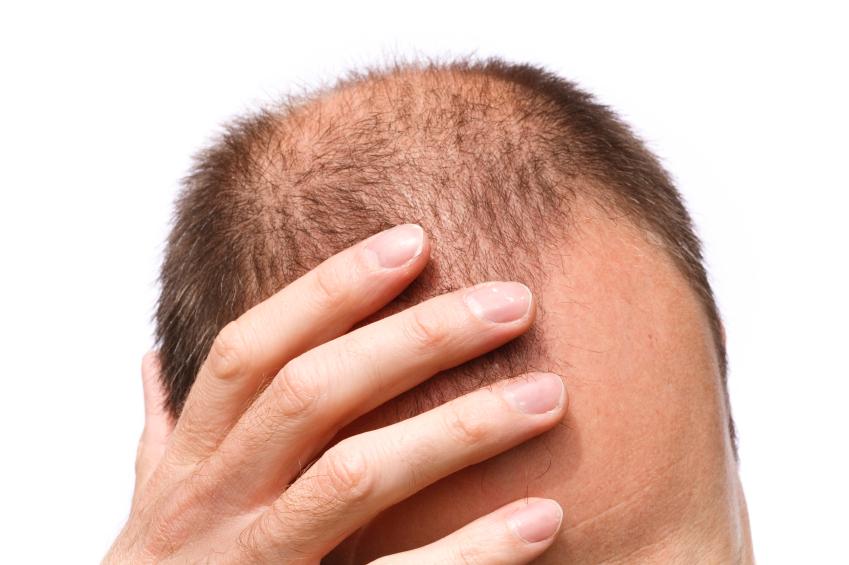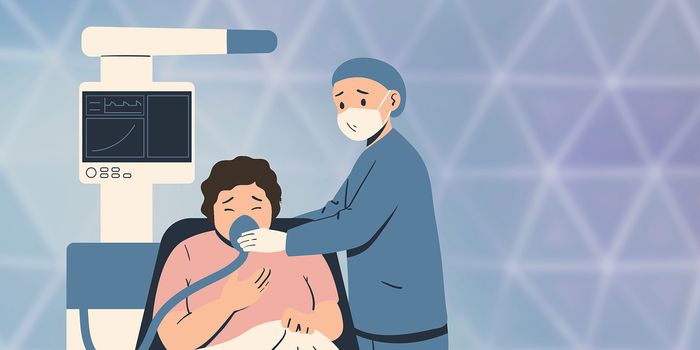No More Hair Loss? Osteoporosis Drug Treats Baldness
According to The University of Manchester's Centre for Dermatology Research, a recent developed drug can lessen the stress experienced by both men and women who suffer from hair loss. Results from this study were published in PLOS Biology from the laboratory of Prof Ralf Paus.
The results indicate that the drug originally developed for treating osteoporosis produced a dramatic positive effect on human hair follicles donated by patients undergoing hair transplantation surgery.
At the present day, they are currently only 2 drugs that are available for treating male-pattern balding (androgenetic alopecia), which can happen as early as in one's 20s. HairGuard talks about just the case here. This was a doctoral project investigated by Dr. Nathan Hawkshaw and colleagues which aimed to examine how drugs can be developed to promote human hair growth with the intention of finding novel, well-tolerated agents for the treatment of hair loss.

This molecular approach was the first to identify the mechanisms of an old immunosuppressive drug, Cyclosporine A (CsA). Interestingly, Cyclosporine A has been commonly used since the 1980s as a crucial drug that suppresses transplant rejection and autoimmune diseases. Unfortunately, it holds severe-side effects such as the continuous growth of unwanted hair.
The investigative team worked on a full gene expression analysis of isolated human scalp hair follicles treated with CsA. This revealed that CsA reduces the expression of SFRP1, which is a protein that inhibits the development and growth of many tissues, including hair follicles. This identifies a completely novel mechanism of action of the old and widely used immunosuppressant.
Additionally, the team also examined why CsA induces hair growth which was found to be from a molecular pathway that antagonizes the SFRP1 protein.

Dr. Hawkshaw explains; "The fact this new agent, which had never even been considered in a hair loss context, promotes human hair growth is exciting because of its translational potential: it could one day make a real difference to people who suffer from hair loss. This makes our research clinically very relevant, as many hair research studies only use cell culture."
"Clearly though, a clinical trial is required next to tell us whether this drug or similar compounds are both effective and safe in hair loss patients."









